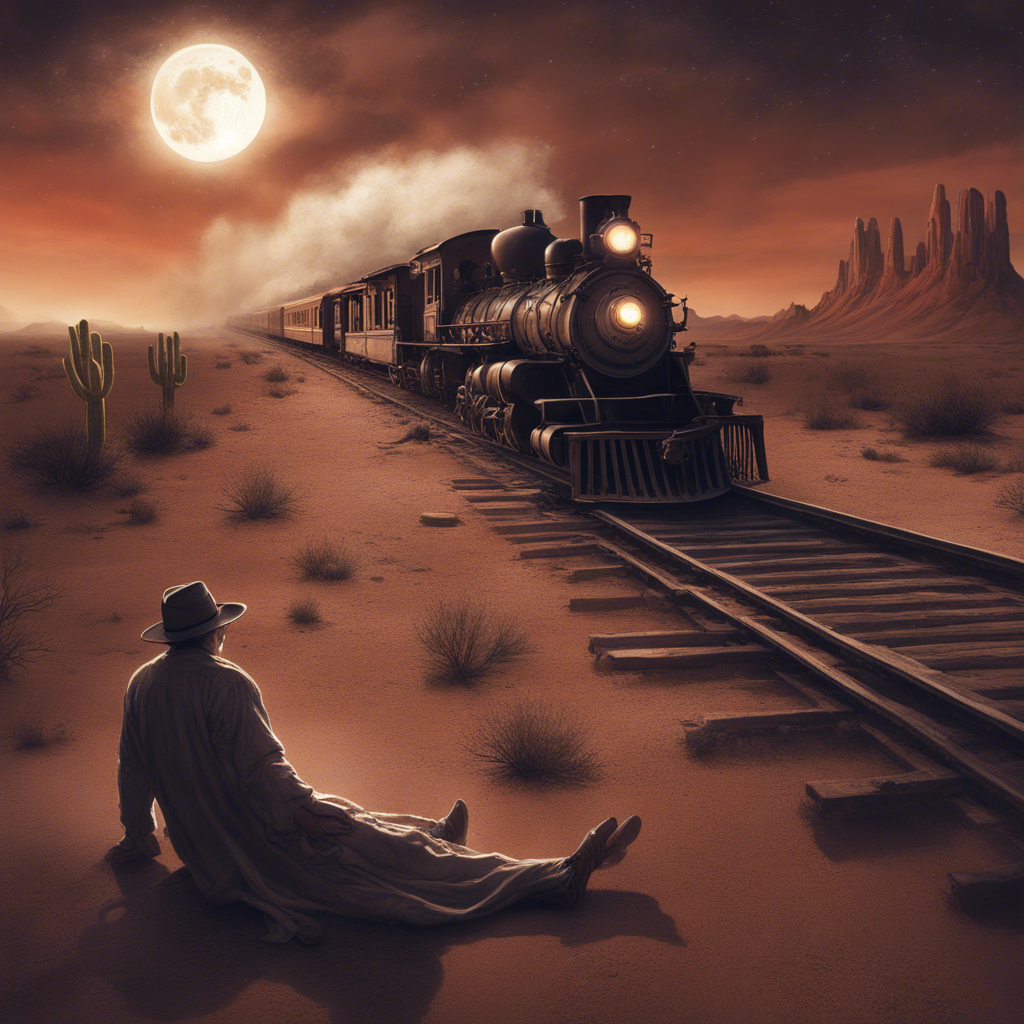Joseph Davis
Listen to the Story
Read the Story
Joseph Davis owned the Ground Hog mine about five miles south of Tombstone. One day in August 1884 Joe, as he liked to be called, left Tombstone on his horse and rode out to check on his mine. He did that frequently, so the miners were used to seeing him show up. Joe was known to be a fair owner and paid his men well but demanded that they work hard to earn their pay. Joe was also locally well-known for never carrying more than five dollars because he was afraid that a larger sum would be a temptation to a robber.
On this particular August morning, Joe had visited the Ground Hog mine and then started back toward Tombstone. It was late in the afternoon and Joe was riding across the desert in an area that had no trails but he knew where he was going and he expected to be back in Tombstone well before dark. A short distance from the mine, though, he was ambushed by a gang of bandits. They stole all of his possessions, including four dollars, his horse, and even his clothes and boots; then they beat and stabbed him and left him for dead.
Joe was unconscious until the middle of the night, but he was a tough old bird and did not die. When he came to, he was disoriented and very near the point of death. He couldn't remember exactly where he was or even what he was doing there; however, he did know that he was hurt and needed to get some help. He managed to get to his feet and started walking. Because it was a dark night, his progress was very slow. He frequently stepped on sharp stones and small cacti; and soon began taking only the smallest of tentative baby steps. Because he was disoriented, he really didn't even know which direction to travel; and due to his blood loss, he frequently fell and had to rest before proceeding. Things, frankly, did not look good for Joe.
In his semi-conscious stupor, however, Joe heard a train whistle. He figured if he could just get to the tracks, he may be able to flag down a train, or someone riding a horse beside the tracks, and get some help. So Joe did the best that he could to move toward the sound of that whistle. He knew that he would have to hurry because once the train passed another may not come by for several hours, or even days. Joe made his way across the floor of the desert as quickly as he could, but he really wasn't very fast.
After about an hour, Joe fell and rolled over onto his back. He was tired, hurt, and simply ready to give up. He looked up and saw the stars as they silently twinkled overhead. Joe knew that he didn't want to die, but he was afraid that the end was near. He heard that train whistle one more time and then passed out.
Joe woke up but the next few hours were little more than moments of consciousness in a long sleepy night. He sensed being carried up the steps of a railroad coach. He heard a steam engine chugging slowly to his right and smelled the odor of burning coal. He heard men shouting things like "let's get him aboard." Joe remembered feeling a cushioned seat underneath his injured body and leaning his head against the window where he saw the desert in the reflected light of the engine's headlamp. Joe felt the train gently lurch forward and then he passed out again.
Joe's next memory was waking up on a bed in Dr. George Goodfellow's office in Tombstone. He had no idea how he got there but he knew that he was going to live. The mid-morning sun was streaming through a window beside his bed and Joe was looking around the room from his bed when the door opened and Dr. Goodfellow stepped in. He told Joe that he was pretty banged up but should be "good as new" in a few weeks. Joe asked how he got there and Dr. Goodfellow admitted that he didn't know. He had heard a knock on the door in the middle of the night and when he answered that knock he found Joe in a bloody heap on the front porch. Joe told Dr. Goodfellow he could remember being rescued by some men on the train and Dr. Goodfellow's response was surprising. The doctor said nothing, but an odd look came across his face. He reached up and touched Joe's forehead to check for fever, he also more thoroughly examined Joe's head for any injuries that he may have missed the night before. He then told Joe that he needed to rest and left the room.
By the next day, Joe's confusion was beginning to clear and he began to wonder about that train. He had lived in Tombstone for several months and knew full well that there were no trains, or even tracks, that came to Tombstone. In fact, he knew that some of the local folks had opposed the railroad ever coming into town during a recent town hall meeting. Joe wondered if he had dreamed the whole affair, but that stab wound healing in his shoulder was real enough.
Joe couldn't have known about the Ghost Train that has been reported throughout Cochise County since the early 1880's but it seems that his life was saved the night when he became a passenger on that train.


